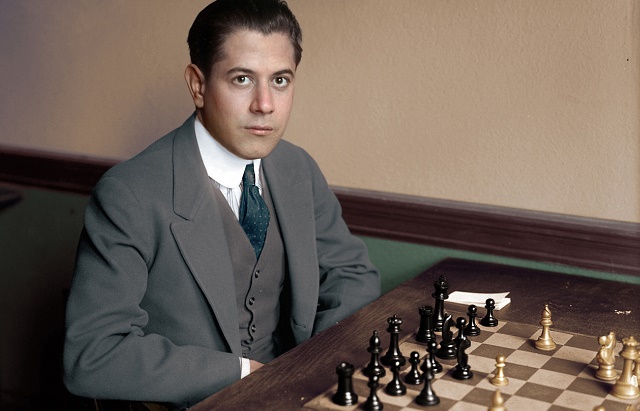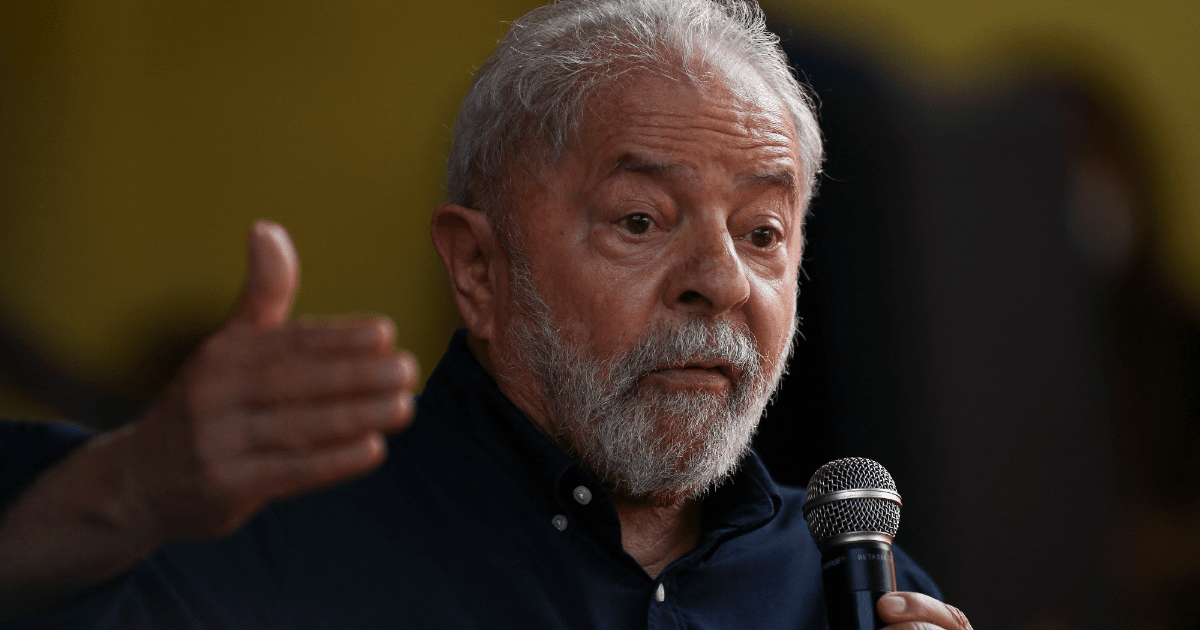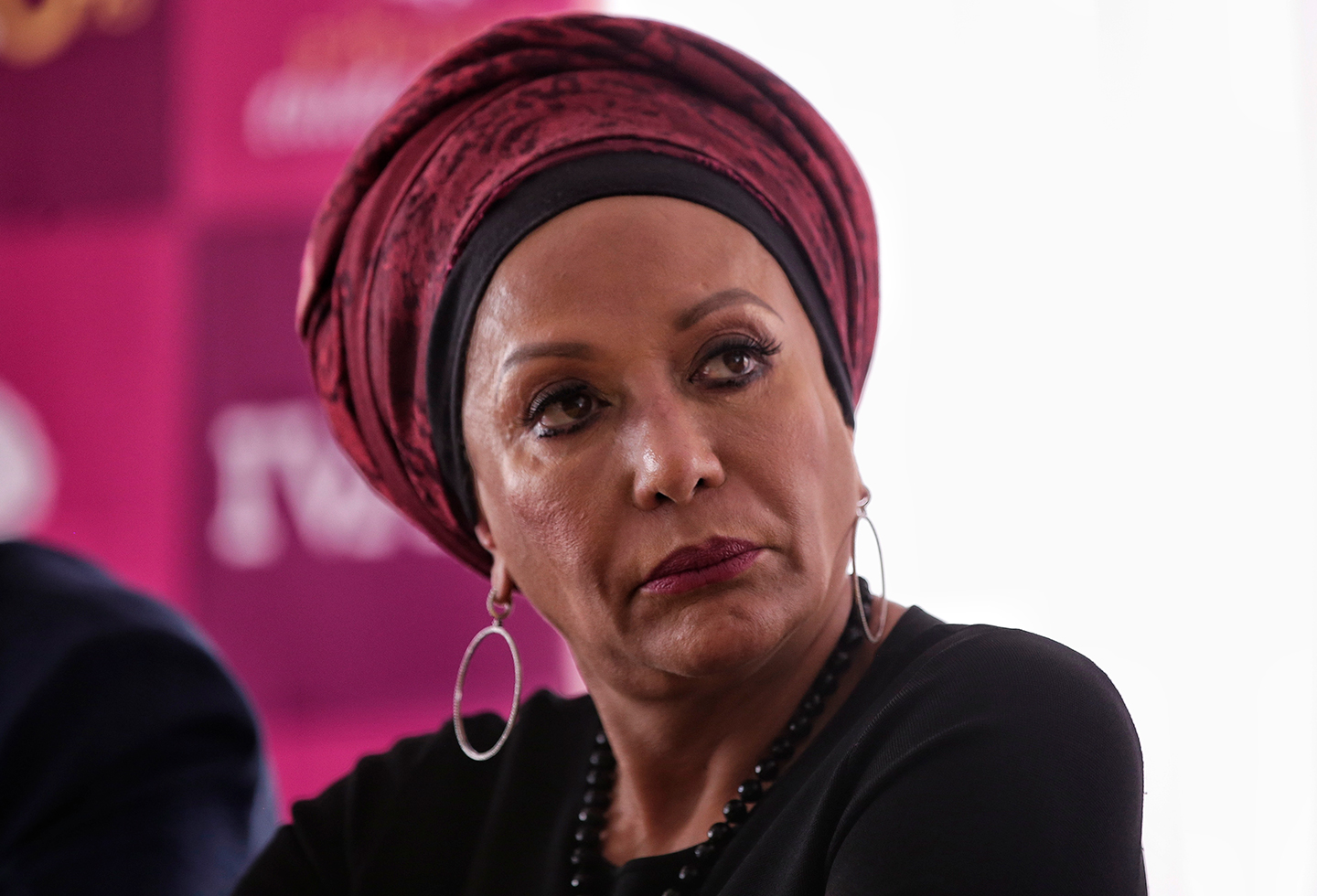MIAMI, United States. — On April 28, 1921, José Raúl Capablanca, the best Cuban chess player of all time, was crowned World Champion against the German Emanuel Lasker.
The match, played in Havana, pitted the aspirant Capablanca (32 years old), at the peak of his career, against a Lasker (52) who was trying to recover a title that he himself had given up a year earlier.
The first game was played on March 18 and the last on April 28, 1921. The confrontation culminated in a victory for Capablanca (9-5) after four wins and 10 draws. Seeing himself at a clear disadvantage, Lasker abandoned the championship, with Capablanca obtaining the title by withdrawal.
In this way, the longest reign in the history of chess culminated, as Lasker remained a total of 27 years as world champion.
“Lasker knew he was going to lose to Capablanca and avoided playing for the title against him for a while, but his perennial financial straits made him accept and, as expected, he lost. It was by no means an embarrassing defeat for a middle-aged champion facing what was once one of the greatest natural talents in the history of the boards, “says a magazine review jot-down about the german genius.
Capablanca maintained his reign until 1927, when he ceded the crown to the French nationalized Russian Alexander Alekhine. The challenger won six wins for three in a match held from September 16, 1927 to November 30, 1927 in Buenos Aires, Argentina.
After the defeat, José Raúl Capablanca sent a ticket to Alekhine congratulating him on his victory. Although the Cuban tried several times to win back the world title, the champion always denied him a rematch.
Capablanca and Lasker, together in history
In the case of Capablanca and Lasker, protagonists of the 1921 World Championship, they continued to face each other in important tournaments during the following two decades.
Both died at the same Mount Sinai hospital in Manhattan just a year apart. The German died in 1941 and the Cuban in 1942. Capablanca’s death occurred as a result of a stroke he suffered at the New York Island Chess Club.
Receive information from CubaNet on your cell phone through WhatsApp. Send us a message with the word “CUBA” on the phone +1 (786) 316-2072, You can also subscribe to our electronic newsletter by giving click here.






